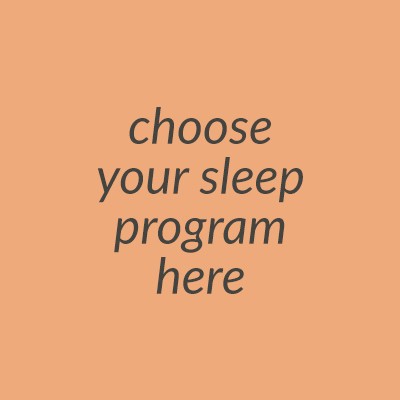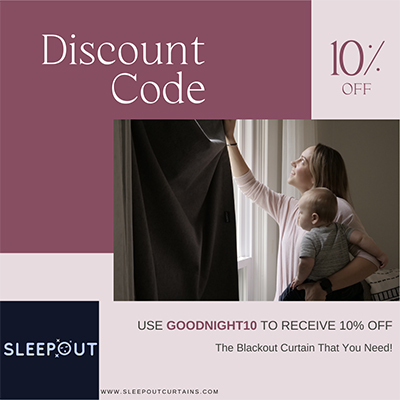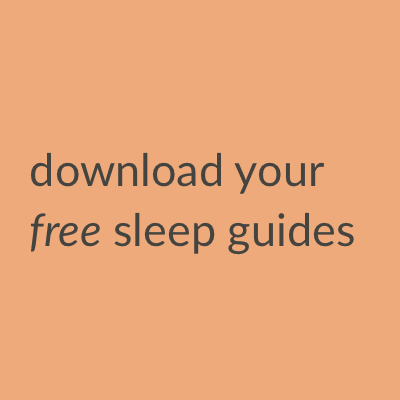Maybe it’s a sign of the times, but conversations around the water cooler seem different. They are now more about how one slept the night before and what your fitness and sleep tracker revealed, instead of being about the latest television show or office gossip. With the popularity of sleep trackers on the rise, everyone is suddenly interested in the quantity and quality of their sleep. Products like Fitbit, Jawbone, and Nike Fuel are being found in households everywhere, with tracking sleep patterns as one of their top features. As a sleep expert, this growing trend is something I felt I had to research. I’m witnessing the information obtained from these devices being used as a medical diagnosis for some people and I question the accuracy of data that customers are becoming dependent on.
Tracking our health is on the rise on a number of fronts. These fitness trackers do more than just count steps. Whether it is nutritional intake, energy expenditure, or our sleep health, more and more people are following the ‘quantified self’ movement (Shull et al., 2014) for a couple of good reasons.
Sign Up For Our Newsletter
INCREASE OF INVOLVEMENT EMPOWERS PATIENTS
Becoming more involved in your day-to-day health suddenly gives you the motivation and control to remain consistent in making changes. Information empowers us to make better decisions towards a healthier lifestyle. As the popularity of sleep trackers increases, suddenly those in your circle are also using them and it allows the conversations to begin. Tips and healthy competition spark the motivation to continue towards a better-rested path. Knowledge is strength and even the knowledge that your sleep habits are being tracked may help inspire you to improve your sleep hygiene.
MONITORING BEHAVIOUR = HEALTHY BEHAVIOUR
A friend of mine bought a sleep-tracking device for their mother who felt like she was always struggling with sleep. She questioned how restorative her sleep was throughout the night and how much sleep she actually got. Often we can create more sleep issues or heighten existing ones when we don’t have a positive relationship with sleep. Thinking negatively of our sleep hygiene or constantly worrying about our sleep health can be the cause of poor sleep health. When my friend’s mother began to track her sleep, the data showed that she was actually getting more restorative sleep than she thought. This information helped her re-establish a more positive relationship with sleep, which in turn made it easier for her to fall asleep at night and follow more consistent sleep patterns.
BUT IS THE DATA WE ARE DEPENDING ON ACCURATE?
The issue I have with these companies is that many are being marketed (though not by flat out saying it) as medical devices and this is misleading to the consumer. Claiming that sleep tracking devices accurately monitor sleep quality and can help those suffering from insomnia and other sleep disorders is dangerous. What we as consumers need to understand is that these are not medical devices and are not FDA approved.
In order to get accurate information and a proper diagnosis of your sleep patterns and sleep health you must have your brain waves monitored through an electroencephalography (EEG) sleep study, while also monitoring eye movement and muscle tone. Simply knowing the amount of times you move throughout the night does not give you an accurate reading of the amount of deep sleep vs. light sleep you get. You are capable of moving the same amount of times no matter what stage of sleep you are in. Some people move a lot during the night and still get restorative sleep, while others don’t move at all and still sleep very lightly. You should not rely on these devices to tell us what stage of sleep you are in.
If you are showing signs of a sleep disorder or feel that there is an underlying health issue it’s important to speak with your doctor who can order a sleep study to find out what’s going on.
There is also the possibility that these devices are overestimating sleep quantity. When these companies aren’t suing each other, consumers are suing them. A recent lawsuit filed against Fitbit stated that their devices overestimated sleep by 67 minutes. While Fitbit plans to defend this claim, if this is in fact true it can have major health repercussions on an individual if they believe they are getting an extra hour of sleep when in fact they aren’t.
Finally, while we see that these devices can improve our relationship and positive thinking towards sleep, it’s important to remember that the opposite can happen as well. As I explained above, many cases of chronic insomnia are not only due to poor sleep hygiene but also on the individual’s beliefs on the sleep they’re getting. The data that these devices are capable of showing can further ones negative thoughts on their sleep health. While we want those struggling with insomnia to focus on positive affirmations regarding their sleep such as “I slept better last night”; suddenly their thoughts focus on “I knew I was a terrible sleeper” or “It’s not getting better and I’ll never sleep well”. Unless you have the proper support to help you with your sleep issues, it’s difficult to re-establish your positive relationship with sleep when the data is constantly showing you the issues you have (or think you have).
While an official statement has yet to be released from the American Academy of Sleep Medicine on the subject of sleep trackers the following statement was written to me as a general consensus within the organization:
“Sleep apps and sleep tracking devices (fitbits, etc.) have positive benefits, getting you to think more about the quality of your sleep and increasing your understanding of how important sleep is to overall health. Although data from sleep apps/trackers can be useful, this information is less accurate than the data gathered during a sleep study. Current technology is limited in its ability to diagnose a sleep disease. Patients should discuss their sleep data with their doctor and should see a sleep specialist to get help for an ongoing sleep problem.”
This is the tip of the iceberg. We are going to be seeing more and more health focused technology on the market that helps consumers be more aware of their overall health. This is a great thing. No one is more pleased than I am to finally start seeing sleep health on the forefront of importance in one’s lifestyle. I have many of these devices to thank for that. When done right, the data compiled from these devices can help take sleep research to the next level. People will take more control of their day-to-day lifestyle and hopefully stay motivated to live a more balanced life but it’s important that doctors, specialists, and experts stay up-to-date on the gadgets and apps that are out there so that they can inform patients of the data they should be paying attention to.
If you are using one of these sleep trackers it means that you are paying more attention to your sleep health. However, if you feel that you are struggling with consistent sleep issues or a sleep disorder, you shouldn’t be relying solely on the data obtained from a sleep tracker to self-diagnose. My recommendation is to make an appointment with your doctor and have a proper sleep study done.
False reassurance can be dangerous.
This post was previously published on YummyMummyClub.ca
 Alanna McGinn is a Certified Sleep Consultant and Founder of Good Night Sleep Site – a Global Pediatric and Family Sleep Team. She provides free child and family sleep support through Facebook, Twitter, and Instagram. She invites you to join her sleep community as she works towards Good Night Sleep Site’s mission of a healthier rested family unit. For more sleep tips, subscribe to our newsletter and visit Good Night Sleep Site.
Alanna McGinn is a Certified Sleep Consultant and Founder of Good Night Sleep Site – a Global Pediatric and Family Sleep Team. She provides free child and family sleep support through Facebook, Twitter, and Instagram. She invites you to join her sleep community as she works towards Good Night Sleep Site’s mission of a healthier rested family unit. For more sleep tips, subscribe to our newsletter and visit Good Night Sleep Site.





